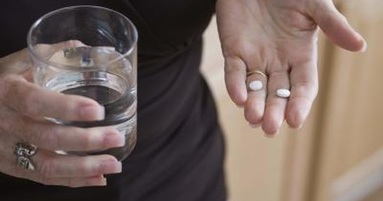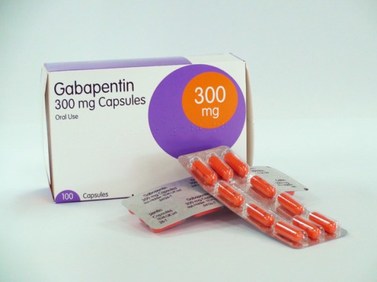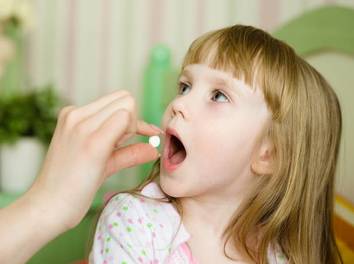
Interestingly from a historical perspective, benzos were also the original treatment for PTSD, and were thought to be beneficial in treating PTSD symptoms rapidly, particularly anxiety and trouble sleeping. While statistics range from 30% to upwards of 74% of those with PTSD being treated with benzodiazepines of some kind, there is growing evidence that suggests that these medications are not effective in treating the core symptoms of PTSD (i.e. hyperarousal, dissociation, and avoidance).
In addition, studies have also suggested that use of benzodiazepines for those with PTSD may be in fact be harmful with risks that far outweigh the benefits. The studies below suggest that we should be very cautious in prescribing benzos for PTSD due to the high rates of comorbid substance use disorders (a serious risk given the tolerance/withdrawal associated with these meds), in addition to suggestions that benzos may in fact worsen overall severity of PTSD, depression and treatment outcomes for those who are affected.
To learn more, check out these articles:
https://www.ncbi.nlm.nih.gov/pubmed/26164054
http://www.ptsd.va.gov/…/newsl…/research-quarterly/v23n4.pdf









 RSS Feed
RSS Feed
